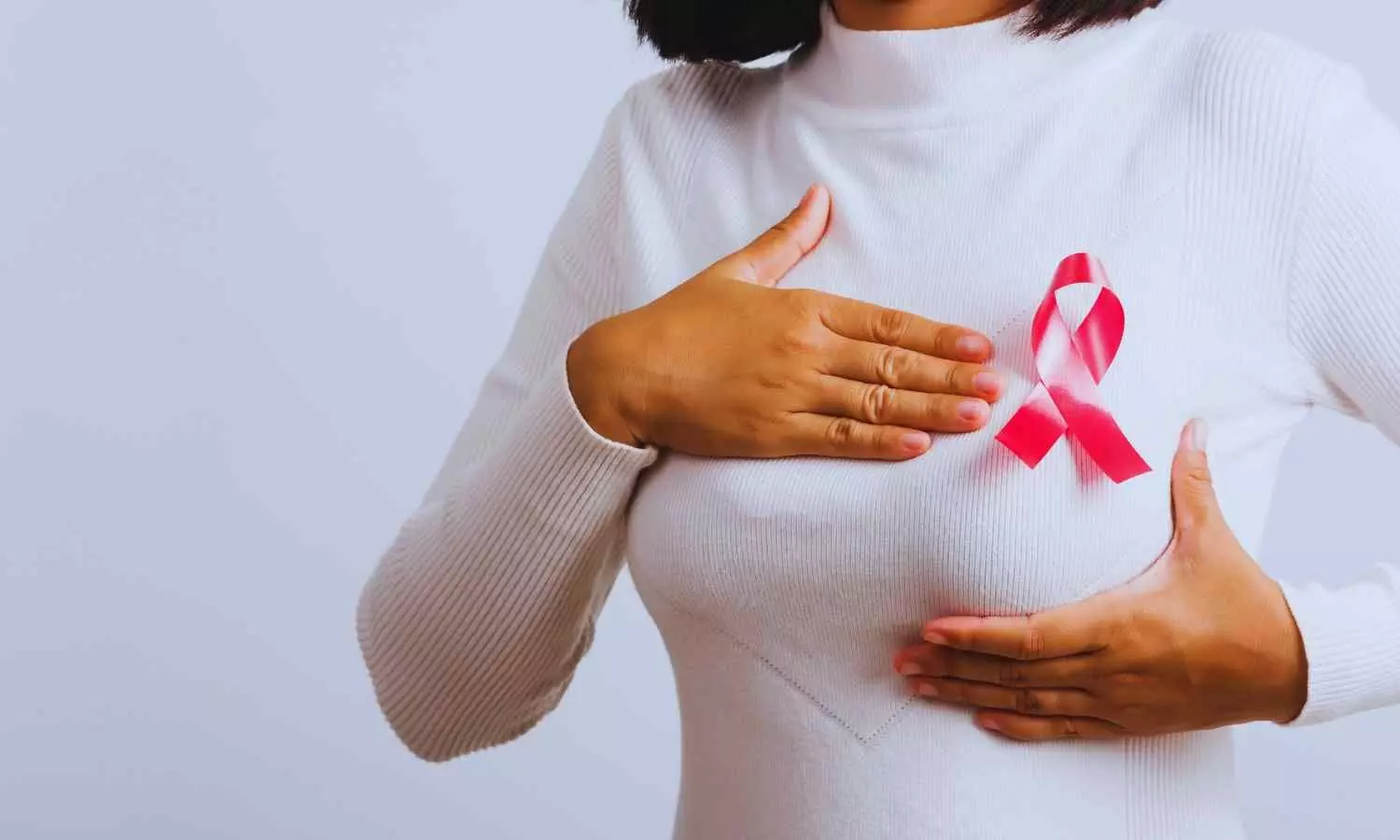Mastectomy linked to worsened sexual health, body image after surgery: Study
- byDoctor News Daily Team
- 21 October, 2025
- 0 Comments
- 0 Mins

Whilemastectomyis often a necessary and life-saving treatment option for many women withbreast cancer, the surgery may contribute to worse sexual health, body image, and several other physical and emotional challenges after surgery, according to a new systematic review on the effects of mastectomy in women with breastcancer. Surgeons said the research underscores the importance of screening women before they undergo a mastectomy. The research will be presented at the American College of Surgeons (ACS) Clinical Congress 2025 in Chicago, October 4-7. “As surgeons, we often focus on the medical side of care. There is no universal or standardized approach to counseling women on the full range of physical and emotional outcomes after mastectomy,” said Lauren Raymond-King, MD, lead author of the research and a surgical resident at Yale School of Medicine in New Haven, Connecticut. “As a result, many women go into surgery with an incomplete understanding of what to expect in the long-term, not just physically, but emotionally and psychologically, after undergoing a mastectomy.” Though a common procedure, mastectomy, which involves the removal of one or both breasts, is a major surgery that requires long-term follow-up care. More than a quarter of patients with breast cancer typically undergo a mastectomy, and many patients are staying in the hospital for shorter periods after surgery*— a trend that prompted the investigators to analyze patients’ outcomes after mastectomy through a systematic review. Out of nearly 3,000 studies they identified, researchers analyzed 20 studies that met their inclusion criteria, examining the effects of mastectomy on quality of life, sexual health, and psychosocial well-being. All the articles focused on the experience of women with Stages 1-3 breast cancer. Studies involving women with Stage 4 breast cancer, as well as women who elected for a prophylactic mastectomy for cancer risk reduction, were excluded from the study due to the distinct needs and different overall medical decision making for these patients. Key Findings • Worse psychosocial outcomes for women who undergo mastectomy: Fifteen out of the 20 studies analyzed reported worse psychosocial outcomes, which measure the emotional, social, and psychological effects of a disease, for patients undergoing mastectomy in at least one psychosocial domain. • No standardized approach to assess post-surgical quality of life: There were 38 different patient-reported outcome measures reported across the 20 studies. The most commonly assessed psychosocial domains were body image (55%), sexual health or sexual function (50%), pain or physical function (45%), and quality of life (40%); far fewer assessed psychosocial health (35%) and satisfaction (25%). •Need for a standardized approach: Most patient-reported outcome measures (PROMs) were only used once (72%), with studies ranging from using one PROM to up to eight different PROMs to assess psychosocial outcomes after surgery. This wide variation underscores the need to better prepare women with a validated screening tool or other methods before they undergo a mastectomy, the authors said. “Breast cancer impacts so many patients in our country, and there’s constant research being done to improve survival outcomes,” said Elizabeth Berger, MD, MS, FACS, senior author of the research and an assistant professor of surgery at Yale School of Medicine. “Now that there are so many more survivors of breast cancer, we can’t miss the opportunity to study quality of life outcomes for our patients since they are living so much longer after their diagnosis and treatment.” Mastectomy linked to worsened sexual health, body image after surgery, American College of Surgeons, Meeting: American College of Surgeons Clinical Congress 2025
Disclaimer: This website is designed for healthcare professionals and serves solely for informational purposes.
The content provided should not be interpreted as medical advice, diagnosis, treatment recommendations, prescriptions, or endorsements of specific medical practices. It is not a replacement for professional medical consultation or the expertise of a licensed healthcare provider.
Given the ever-evolving nature of medical science, we strive to keep our information accurate and up to date. However, we do not guarantee the completeness or accuracy of the content.
If you come across any inconsistencies, please reach out to us at
admin@doctornewsdaily.com.
We do not support or endorse medical opinions, treatments, or recommendations that contradict the advice of qualified healthcare professionals.
By using this website, you agree to our
Terms of Use,
Privacy Policy, and
Advertisement Policy.
For further details, please review our
Full Disclaimer.
Recent News
Women with This Common Condition Face Higher Risk...
- 21 October, 2025
Why Women Face Higher Risk of Alzheimer's and Mult...
- 21 October, 2025
Long-term Exercise Keeps Immune System Younger and...
- 21 October, 2025
Circadian Syndrome Outperforms Metabolic Syndrome...
- 21 October, 2025
Daily Newsletter
Get all the top stories from Blogs to keep track.


0 Comments
Post a comment
No comments yet. Be the first to comment!